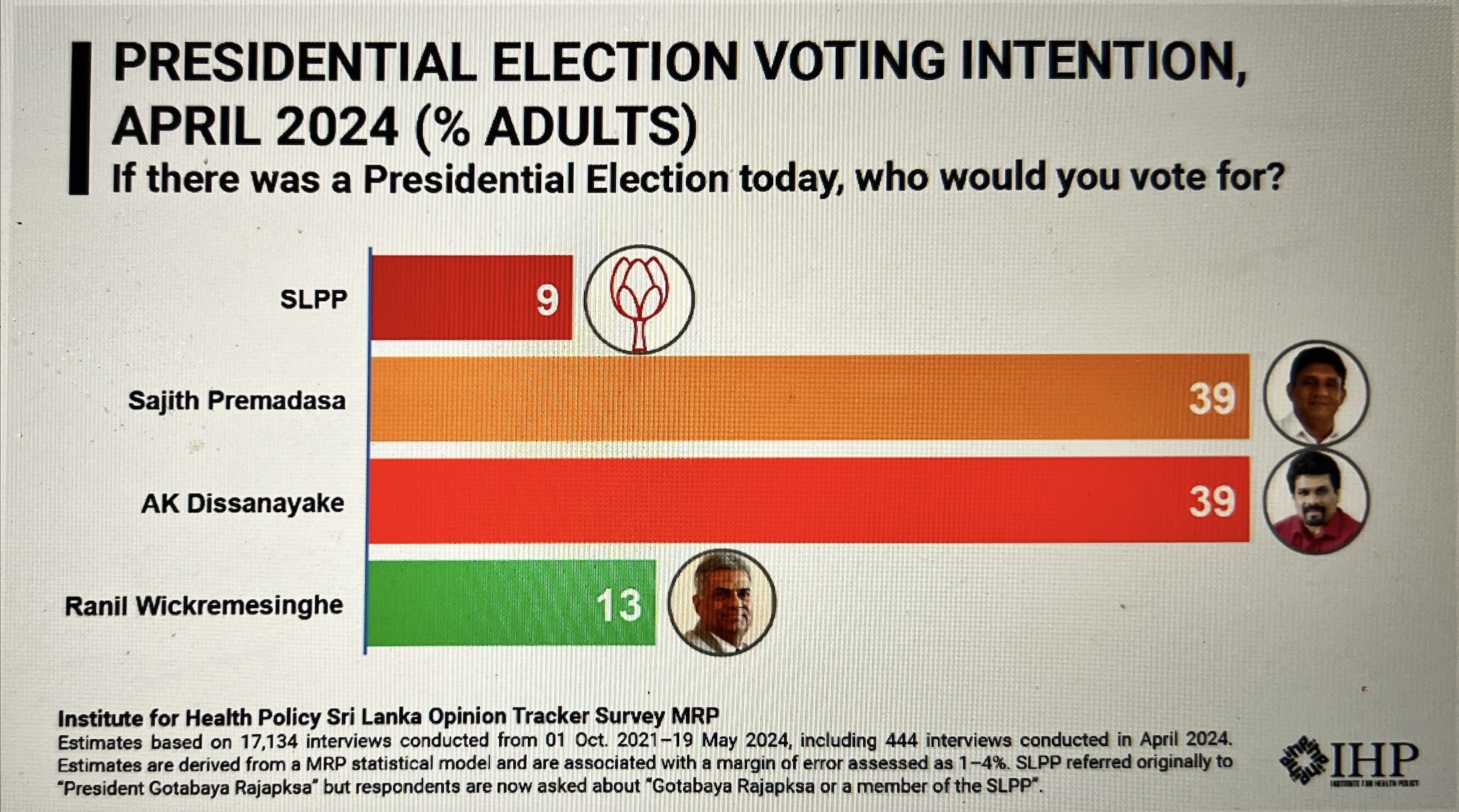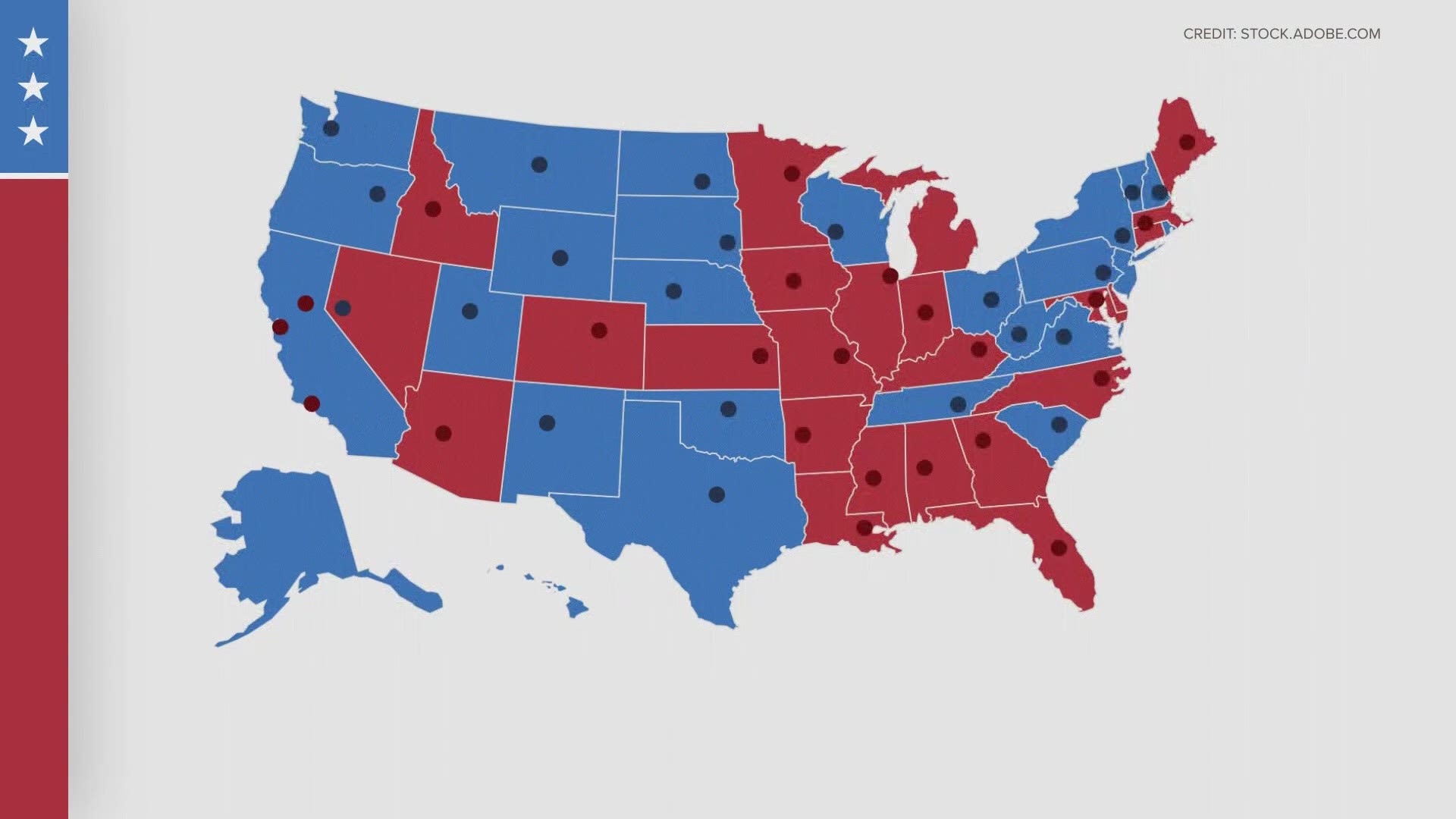Ever wondered what happens if no candidate gets 270 electoral votes? Well, buckle up, because the U.S. election process is about to get interesting. Imagine this: Election Day is over, the votes are counted, and—surprise!—no one hits that magical number, 270. What now? Spoiler alert: It’s not as simple as flipping a coin. Let’s dive deep into the electoral process and see what happens next.
Politics can be wild, unpredictable, and sometimes downright confusing. But don’t worry, we’re here to break it down for you. When people talk about the Electoral College, they’re referring to the system that decides who becomes President of the United States. And let’s face it, 270 is the golden number everyone’s chasing. But what happens when nobody gets there? It’s not just about throwing up your hands and calling it a draw. Nope, there’s a whole set of rules and contingencies in place.
This article will walk you through everything you need to know about what happens if a candidate doesn’t secure 270 electoral votes. We’ll cover the nitty-gritty details, the history behind it all, and even some fun facts to keep things lively. So, whether you’re a political junkie or just someone curious about how democracy works, you’re in the right place.
- Best Retinol Cream The Ultimate Guide To Transform Your Skin Game
- Benjamin Bratt Net Worth The Untold Story Of Success And Stardom
Table of Contents:
- Electoral College Basics
- Historical Context: When No One Got 270
- What Happens Next?
- The House Takes Over
- The Senate’s Role
- Contested Elections and Legal Battles
- State Laws and Their Impact
- Does the Popular Vote Matter?
- Reforming the Electoral College
- Conclusion: What You Can Do
Electoral College Basics
Before we dive into what happens if a candidate doesn’t get 270, let’s quickly go over the basics of the Electoral College. The Electoral College is essentially a group of 538 electors who cast the final votes for President and Vice President. Each state gets a certain number of electors based on its representation in Congress. To win the presidency, a candidate needs at least 270 electoral votes. Simple, right?
But here’s the twist: Sometimes, things don’t go as planned. In rare cases, no candidate secures the majority of electoral votes. This can happen for a few reasons, like a close election, faithless electors, or even a tie. And when that happens, the fun really begins.
- Djimon Hounsou A Journey Through Stardom Resilience And Legacy
- Noah Benson The Rising Star In The World Of Entertainment
Why 270 is the Magic Number
Think of 270 as the finish line in a marathon. It’s the number that determines who gets to move into the White House. If a candidate doesn’t cross that line, the race isn’t over—it just shifts to a different arena. The Constitution has a plan for this scenario, and it involves the House of Representatives and the Senate.
Here’s a quick breakdown of why 270 is so important:
- It represents the majority of the 538 total electoral votes.
- Without 270, the election moves to Congress.
- It’s the threshold that ensures a clear winner.
Historical Context: When No One Got 270
Believe it or not, this isn’t the first time the U.S. has faced an election without a clear winner. History is full of examples where no candidate secured the required 270 electoral votes. Let’s take a trip down memory lane and see how the country handled these situations.
In 1800, for example, Thomas Jefferson and Aaron Burr tied with 73 electoral votes each. The decision was thrown to the House of Representatives, where Jefferson eventually won after several rounds of voting. Fast forward to 1824, and we see another instance where no candidate hit the 270 mark. This time, John Quincy Adams was chosen by the House, despite not having the most electoral votes.
Lessons from the Past
These historical precedents show us that the system, while complex, has a way of working itself out. However, they also highlight the potential for controversy and political drama. In today’s highly polarized climate, the stakes are even higher, making it crucial to understand the process and its implications.
What Happens Next?
So, you’re probably wondering, “What happens if no one gets 270 electoral votes?” The answer lies in the Twelfth Amendment of the U.S. Constitution. According to this amendment, if no candidate secures a majority of electoral votes, the House of Representatives steps in to choose the President. But it’s not as straightforward as it sounds.
Here’s how it works:
- Each state delegation in the House gets one vote.
- The candidate who secures a majority of state votes (at least 26) becomes President.
- Meanwhile, the Senate chooses the Vice President from the top two candidates.
The Role of State Delegations
One interesting aspect of this process is that each state delegation acts as a single voting unit. This means that even if a state has more Republican representatives than Democratic ones, the delegation can still vote for a Democratic candidate if that’s the majority decision within the group. It’s a fascinating blend of state sovereignty and federal decision-making.
The House Takes Over
When the House of Representatives is tasked with choosing the President, the dynamics shift dramatically. Instead of individual representatives casting votes, the decision is made by state delegations. This can lead to some unexpected outcomes, especially in states where the delegation is evenly split.
Here are a few things to keep in mind:
- State delegations can be unpredictable.
- Political alliances and negotiations come into play.
- The process can take days, weeks, or even longer.
Potential Outcomes
The House decision isn’t always straightforward. In some cases, the candidate with the most electoral votes might not end up winning. This is because the House vote is based on state delegations, not individual representatives. It’s a system that prioritizes state representation over raw numbers, which can lead to some surprising results.
The Senate’s Role
While the House is busy choosing the President, the Senate has its own role to play. They are responsible for selecting the Vice President from the top two candidates. This process is slightly different from the House vote, as each senator casts an individual vote. The candidate who secures a majority of the Senate votes becomes Vice President.
Why the Senate Vote Matters
The Senate vote is crucial because it determines who will serve as Vice President. In the event that the House cannot reach a decision on the President, the Vice President assumes the role. This adds another layer of complexity to the process and underscores the importance of both chambers in the election outcome.
Contested Elections and Legal Battles
Let’s not forget that contested elections can lead to legal battles. If the results are disputed, lawsuits may be filed, and courts could get involved. This has happened in the past, most notably in the 2000 election between George W. Bush and Al Gore. The Supreme Court ultimately decided the outcome, highlighting the potential for judicial intervention in close elections.
How Courts Get Involved
Courts typically get involved when there are disputes over vote counts, recounts, or other procedural issues. They review the evidence and make decisions based on legal precedent and constitutional principles. While this process can be lengthy and contentious, it ensures that the election outcome is fair and just.
State Laws and Their Impact
State laws also play a significant role in the election process. Each state has its own rules regarding how electoral votes are allocated and how disputes are resolved. These laws can influence the outcome of the election, especially in close races.
Some states have laws that require electors to vote for the candidate who wins the popular vote in that state. Others allow for more flexibility, which can lead to faithless electors casting votes for candidates other than the one they pledged to support.
Key State Laws to Watch
Here are a few state laws that could impact the election outcome:
- “Winner-takes-all” laws in most states.
- Proportional allocation in Nebraska and Maine.
- Faithless elector penalties in some states.
Does the Popular Vote Matter?
While the Electoral College determines the winner, the popular vote still holds significance. It reflects the will of the people and can influence how candidates campaign and govern. However, in cases where no candidate secures 270 electoral votes, the popular vote doesn’t directly determine the outcome.
The Debate Over Popular Vote
There’s an ongoing debate about whether the U.S. should switch to a popular vote system. Proponents argue that it would make every vote count equally, while opponents claim it could lead to candidates focusing only on densely populated areas. It’s a complex issue with no easy answers.
Reforming the Electoral College
Given the challenges posed by the Electoral College, many people are calling for reform. Some suggest adopting a national popular vote, while others propose changes to how electoral votes are allocated. These discussions highlight the need for a system that reflects modern democratic values.
Possible Reforms
Here are a few potential reforms being discussed:
- National Popular Vote Interstate Compact.
- Proportional allocation of electoral votes.
- Abolishing the Electoral College entirely.
Conclusion: What You Can Do
In conclusion, understanding what happens if a candidate doesn’t get 270 electoral votes is crucial for anyone interested in how democracy works. While the process may seem complicated, it’s designed to ensure a fair and just outcome, even in the most challenging circumstances.
So, what can you do? Educate yourself, stay informed, and participate in the democratic process. Your voice matters, and your vote can make a difference. Whether you’re a seasoned political expert or just starting to learn about these issues, there’s always something you can do to contribute to a healthier democracy.
Don’t forget to share this article with your friends and family, and let’s keep the conversation going. Together, we can make sure that every vote counts and every voice is heard. Cheers to democracy!
- Rod Stewart Wife The Love Story You Need To Know About
- Is Cam Newton Married The Untold Story Behind The Nfl Stars Personal Life


